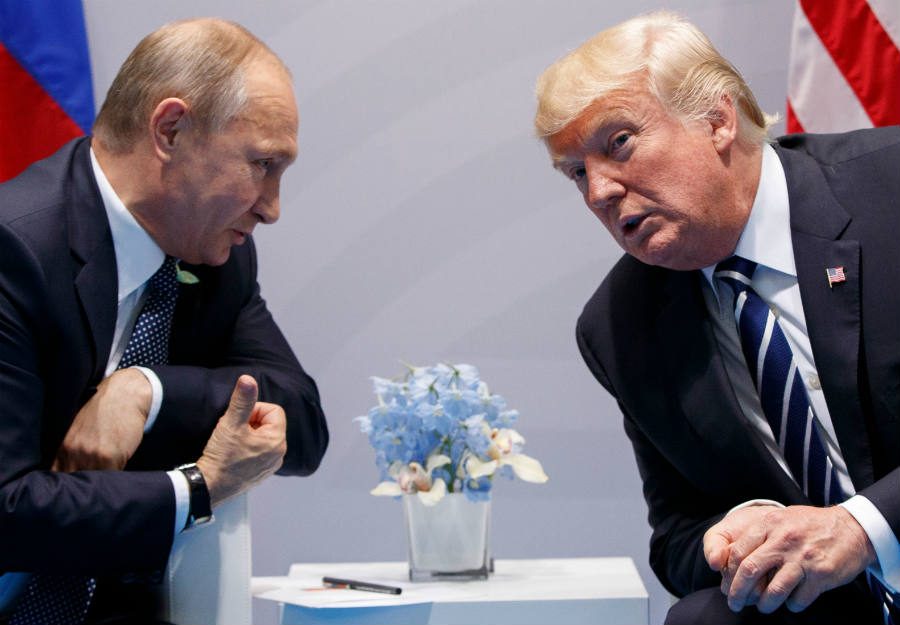In this day and age, cyber warfare is no longer a thing of science fiction tales. Nations engage in digital attacks on a daily basis, and state-sponsored cyber espionage accounts for a significant portion of the workload that makes those attacks possible.
Much like its traditional counterpart, cyber espionage comprises the spectrum of methods and techniques used to gather information from an opposing party using digital tools and electronic equipment.
Spies, even those doing their deeds online, often pledge allegiance to a country or at least work to satisfy their interests. In return, those nations provide all the necessary resources and infrastructure needed to carry out intelligence tasks successfully.
Which countries are topping the cyber warfare list?
With great power comes great responsibility, and part of that includes safeguarding secrets. As such, it is only natural that some of the most notorious countries in the world also have significant cyber armies and legions of spies.
The United States, Russia, China, Iran, Israel, and India to name a few, are some of the most high-profile nation regarding digital infrastructure. Other countries like North Korea, Germany, France, and developing European nations have operations with small scales.
Carrying out traditional hacking schemes like phishing at a more sophisticated level and developing their own malware and spyware, spies infiltrate and collect information from other governments, military institutions, and high-ranking organizations that might be of interest to them.
Cyber warfare also takes place at a deeper level among clandestine intelligence forces as well, stealing secrets from one another and obstructing each other’s operations.
State-sponsored cyber warfare is a big source of conflict
International cyber espionage has been the source of much controversy, even in international stages in which the stakes are at their highest. Some of these actions have been on the verge of creating conflict severe enough to escalate and prompt armed actions.
Just a few months ago, the cyber security firm Flashpoint linked the WannaCry ransomware attack to Chinese-speaking hackers thanks to the poorly translated ransom note the criminals included with their request message.
The People’s Liberation Army advanced persistent threat unit, also known as Unit 61398, is China’s most infamous hacking division. A link between the group and the government was officially and openly established a couple of years ago, and their headcount ranges from 50,000 to 100,000 members.
Russia’s Federal Security Service has fewer human resources than the Chinese, but it allegedly recruits and employs some of the most notorious cyber criminals in the country in exchange for protection to do their dirty work. The codename “Bear” is believed to denote Russian links, such as in the groups Fancy Bear, Cozy Bear, and Berserk Bear.
According to the American intelligence community, the Fancy Bear division was behind the interference with the 2016 Presidential Elections, and there is an ongoing investigation right now that suggests there might have been a collaboration between Russian officials and the current administration to tilt the scales in Trump’s favor.
On the other hand, the U.S. is openly responsible for sabotaging Iran’s nuclear program in 2010, when it deployed the Stuxnet malware that took down over 1000 centrifuges in the country. Israel collaborated in the operation, which set back the its destructive efforts by a couple of years.
Edward Snowden has said that the NSA, the CIA, and the FBI engage not only in much wider international schemes but also in domestic cyber espionage. Leaks by organizations like Anonymous show evidence of such endeavors.


